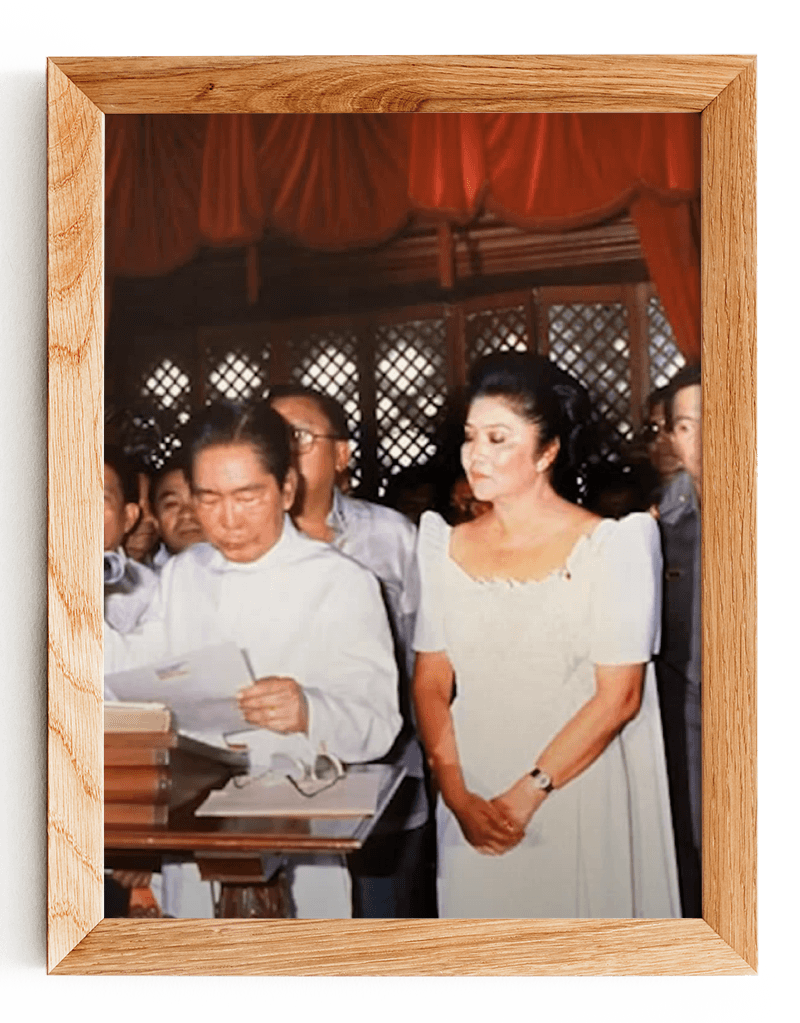Critical Perspectives On
The Martial Law Regime
24 September 2020, Thursday, 3:00-4:30 pm
Zoom Link
Discussants:
Millard O Lim
Martial Law and Coup d’Etat in 1972
Carmel V Abao, PhD
Is Duterte A Resurrected Marcos: Dictatorship and Authoritarian Populist Regimes
Jennifer S Oreta, PhD
The Military during Martial Law
Diana J Mendoza, PhD
A Movement within a Movement: Women’s social movements during Martial Law
Ma Lourdes V Rallonza, PhD
Martial Law from the Lens of Gender and Transitional Justice
Moderator: Alma Maria O Salvador, PhD
Intergenerational Narratives on the Martial Law Era
25 September 2020, Friday, 3:00-4:30 pm
Zoom Link
Discussants:
Benjamin Gerardo T Tolosa, PhD
Generational Storytelling
Anne Lan K Candelaria,PhD
Small town narratives on Martial Law
Maria Elissa Jayme Lao, PhD
Student Activism in Ateneo during Martial Law
Miguel Paolo P Rivera
Memory, Space and Patronage
Moderator: Pilar Preciousa Berse, PhD


